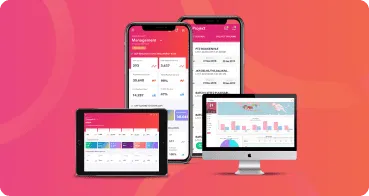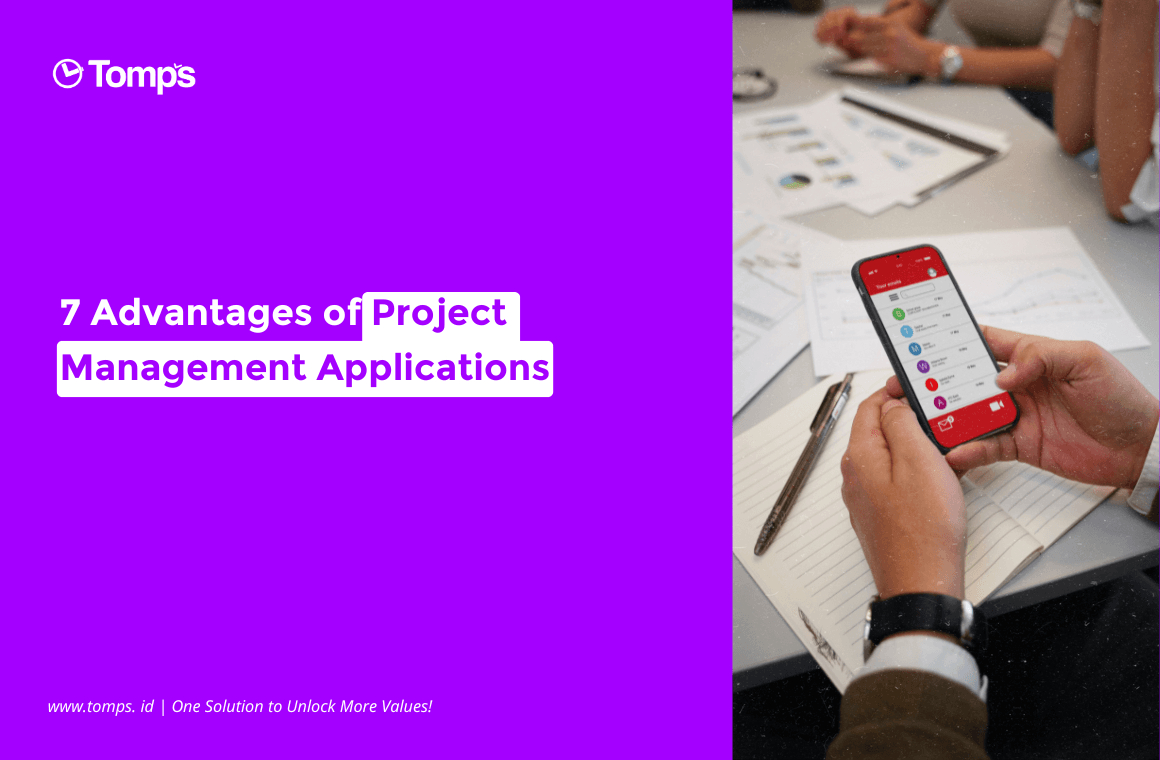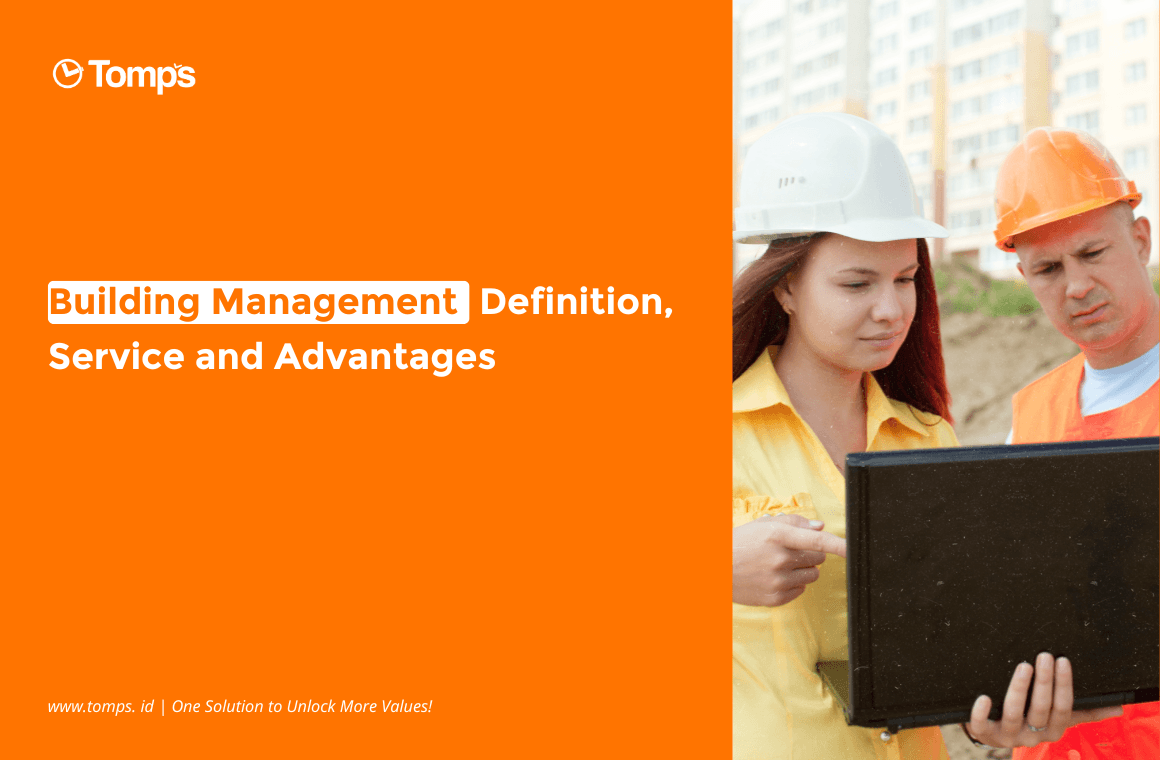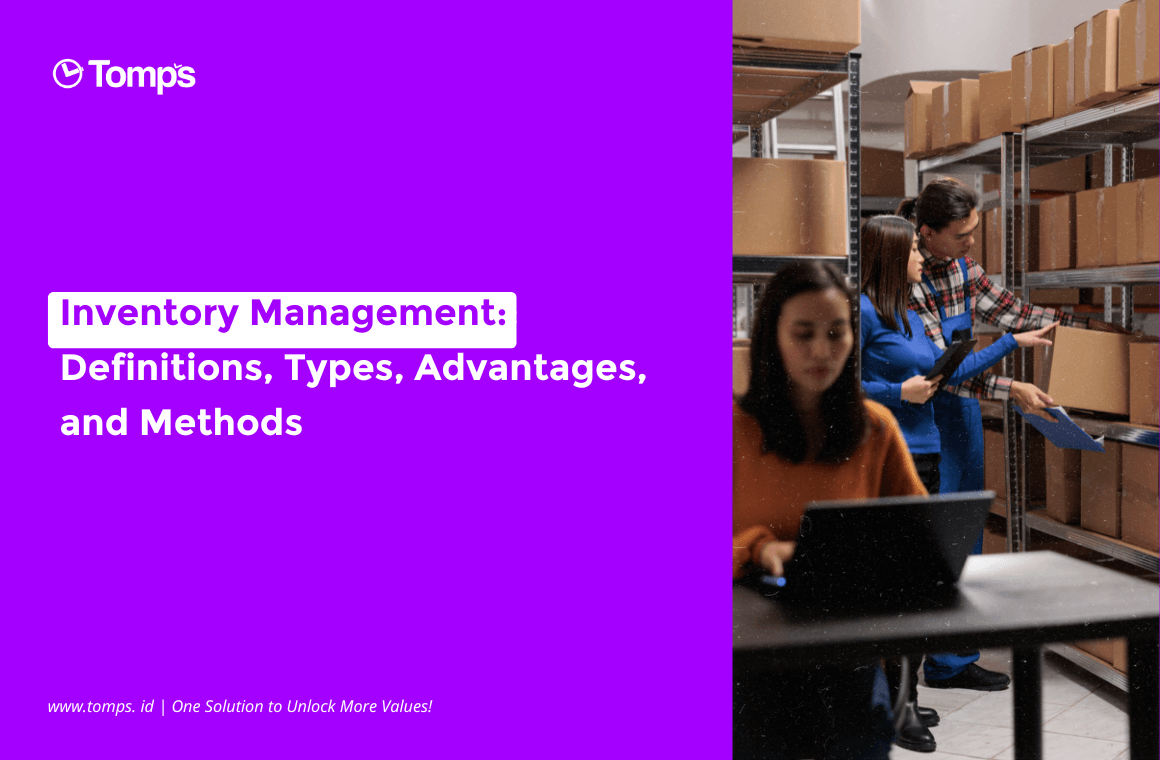There is a lot of transaction and trade in goods and services going on in the business industry. Companies must make formal offers to exchange goods and services with other organizations under these agreements. This tender or offer is submitted as a tender. To understand the significance of tendering in the business world, let’s take a closer look at the term and how it works.
What is Project Tender?
A project tender is an offer or invitation to bid on a project or accept a formal offer such as a takeover bid, according to PACE Guidance on the Appointment of Consultants and Contractors. The term typically refers to the process by which governments and financial institutions submit bids for large-scale project invitations. This offer must be submitted by the deadline. When shareholders surrender their shares or securities in response to a takeover offer, this is another use of the term tender or tender.
The shareholders also receive a tender offer, which is a public request to all shareholders to offer their shares for sale at a certain price during a specified time period. In order to entice shareholders to release a certain number of shares, tender offers usually exceed the current market value of the stock.
A request for tender, on the other hand, is a formal request or invitation to a supplier to submit a competitive offer to supply products, services, and raw materials. In the private sector, this RFT is commonly referred to as a request for proposal, or RFP. This request allows potential bidders to respond to the needs of the publisher.
Tender and RFT may appear similar, and distinguishing between them can be difficult. However, it may be easier to understand if you understand these two terms separately. As previously stated, an RFT or tender request is a document issued by a buyer to invite suppliers to submit their responses. The RFT as a whole includes a number of documents, including tender conditions, which include process rules and tender responses, tender forms, which include the schedule and details that suppliers must include in the response, and the scope of the tender, which includes details of the goods and services required by the buyer, evaluation criteria, which determine how the buyer evaluates the response provided by the supplier, and contract conditions, which include details about the contract.
A tender, as opposed to a tender request or RFT, is a document submitted by a supplier in response to a tender request or RFT. As a result, a tender is essentially an offer to supply goods and services to buyers based on their requirements.
In layman’s terms, a tender is an offer to perform a specific task or supply goods at a predetermined and fixed price level. Contractors are invited to submit closed bids for construction or to provide these goods and services at a fixed rate for a specified period of time during the first stage of the tender process.
Project Tendering Process
Of course, winning a project tender is both an advantage and an accomplishment for a company. The reason for this is that project tenders are typically only used on large company projects.
Winning a project tender is an indirect opportunity to improve the company’s reputation. Furthermore, this single business activity serves a variety of other purposes that can benefit multiple parties.
- Allow organizers to obtain the best offer for services or goods that are currently required.
- Because the project tender process is open and transparent, the risk, in this case, the occurrence of unwanted things such as fraud in the middle of cooperation, is minimized.
- The possibility of increasing turnover and track record for vendors or organizers.
- This is a potential future business revenue because the company that holds the tender for this project will typically work with the selected vendor for an extended period of time.
How Do Project Tenders Function?
As previously stated, project tendering is a business term that refers to invitations to bid for contracts issued by governments and other entities. Most government agencies have a well-defined bidding process for projects or procurements. There is also a specific procedure for managing the vendor opening, evaluation, and final selection. This ensures a fair and transparent selection process.
A tender request for a project is a formal and structured invitation to a supplier to submit a competitive bid to supply raw material, product, or service. Because this is a public and open process, laws are enacted to ensure fair competition among bidders.
Bribery and nepotism, for example, can thrive in the absence of laws. Potential bidders can access tender services, which cover a wide range of tenders from both private and public sources. These services include the creation of appropriate offers, the coordination of processes to ensure deadlines are met, and the enforcement of applicable laws.
Companies that are permitted to participate in tenders for the procurement of goods and services are not required to establish legal entities under Presidential Regulation Number 16 of 2018. According to the Presidential Regulation, service providers, on the other hand, are business actors who provide services under a contract.
The term “business actor” refers to any person, individual, or business entity, whether incorporated or not, who is established and domiciled in Indonesia or does business there. As a result, all business entities with an administrative scale, whether micro, small, medium, or large, are permitted to participate in the tender as providers of goods/services.
However, small business actors who can participate in government procurement of goods/services include micro and small businesses with a maximum budget ceiling value of Rp. 15 billion for the procurement of goods/construction works/other services, according to Article 65 of Government Regulation Number 12 of 2021.
What is the tendering process all about?
Launching from supplytosurrey, although the tender process will be slightly different and depending on the contract, usually the tender process involves the following stages:
- Tenders are advertised, and bidders must register their interest in order to gain access to tender documents.
- Bidding entails creating a tender document that describes how you intend to submit the contract.
- Tender evaluation entails the buyer assessing the tender submission and selecting the winning bid.
- Notice of award – Applicants are notified of the results, and a 10-day period is allowed for them to appeal the decision.
How and why is the tender process marked in this manner?
Tender documents typically include a table outlining how scores are assigned; for example, full marks are given for tender responses that meet all of the detailed requirements, with lower marks given if the question element has not been answered or is not answered. in sufficient depth The values are then averaged across quality responses, with overall scores distributed using a percentage weighting system.
In terms of pricing, the process typically follows the most economically profitable tender,’ in which the lowest price is assigned the highest score, with other bidders receiving gradual decreases. The two scores are then added together to determine who wins the tender.
This method of evaluating tenders ensures transparency and fairness for all parties. All suppliers will be assigned a rating matrix to ensure that only companies that provide the best value for money, products, and/or services are chosen as suppliers through formal bidding. When it comes to spending public money, this is so important that it is not simply based on the bid price.
That concludes our examination of the critical path. Hopefully, your input will help to improve project management quality.
Tomps.id, the flagship for all projects, keeps you updated with the most recent project management information!







